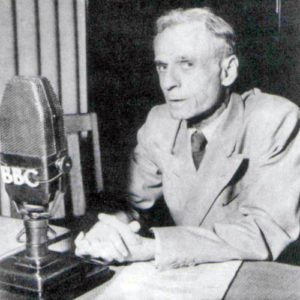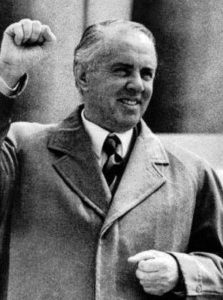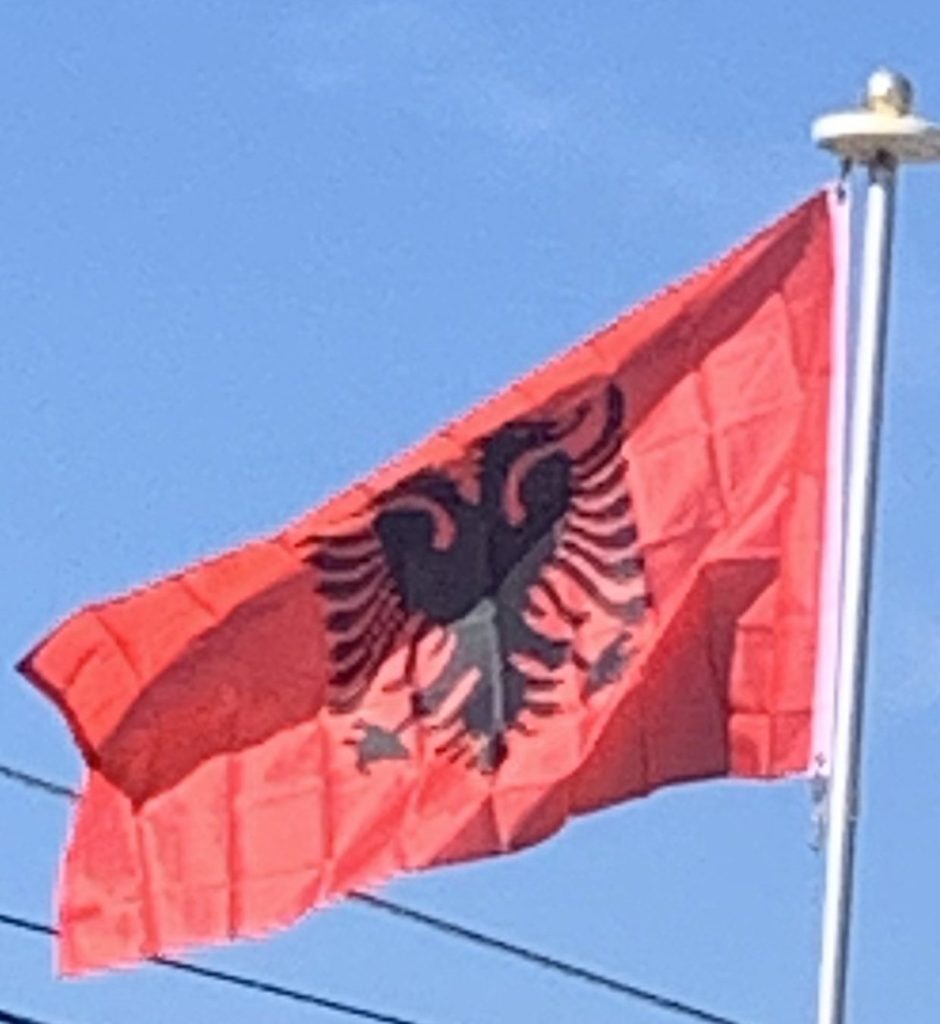Germans started to occupy the country in September 1943 subsequently announced that they would recognize the independence of a neutral Albania and set about organizing a new government, military and law enforcement. Balli Kombëtar, which had fought against Italy, formed a neutral government and side by side with the Germans fought against the communist-led National Liberation Movement of Albania.

During the last years of the war, the country fell into a civil war-like state between the communists and nationalists. The communist however defeated the last anti-communist forces in the south in 1944. Before the end of November, the main German troops had withdrawn from Tirana, and the communists took control by attacking it. The partisans entirely liberated the country from German occupation on 29 November 1944. A provisional government, which the communists had formed at Berat in October, administered Albania with Enver Hoxha as the head of government.
By the end of the Second World War, the main military and political force of the nation, the Communist party sent forces to northern Albania against the nationalists to eliminate its rivals. They faced open resistance in Nikaj-Mërtur, Dukagjin and Kelmend led by Prek Cali. On 15 January 1945, a clash took place between partisans of the first Brigade and nationalist forces at the Tamara Bridge, resulting in the defeat of the nationalist forces. About 150 Kelmendi people were killed or tortured. This event was the starting point of many other issues which took place during Enver Hoxha’s dictatorship. Class struggle was strictly applied, human freedom and human rights were denied. The Kelmend region was almost isolated by both the border and by a lack of roads for another 20 years, the institution of agricultural cooperatives brought about economic decline. Many Kelmendi people fled, some were executed trying to cross the border.
Communism:
In the aftermath of World War II and the defeat of Nazi Germany, the country became initially a satellite state of the Soviet Union and Enver Hoxha emerged consequently as the leader of the newly established People’s Republic of Albania. Soviet-Albanian relations began to deteriorate after Stalin’s death in 1953. At this point, the country started to develop foreign relations with other communist countries among others with the People’s Republic of China.

During this period, the country experienced an increasing industrialisation, a rapid collectivisation and an economic growth which led to a higher standard of living. The government called for the development of infrastructure and most notably the introduction of a railway system that completely revamped the transportation.
The new land reform laws were passed granting ownership of the land to the workers and peasants who tilled it. Agriculture became cooperative and production increased significantly, leading to the country’s becoming agriculturally self-sufficient. In the field of education, illiteracy was eliminated among the country’s adult population.
The average annual increase in the country’s national income was 29% and 56% higher than the world and European average, respectively. The nation incurred large debts initially with Yugoslavia until 1948, then the Soviet Union until 1961 and China from the middle of the 1950s. The constitution of the communist regime did not allow taxes on individuals, instead, taxes were imposed on cooperatives and other organizations, with much the same effect.
